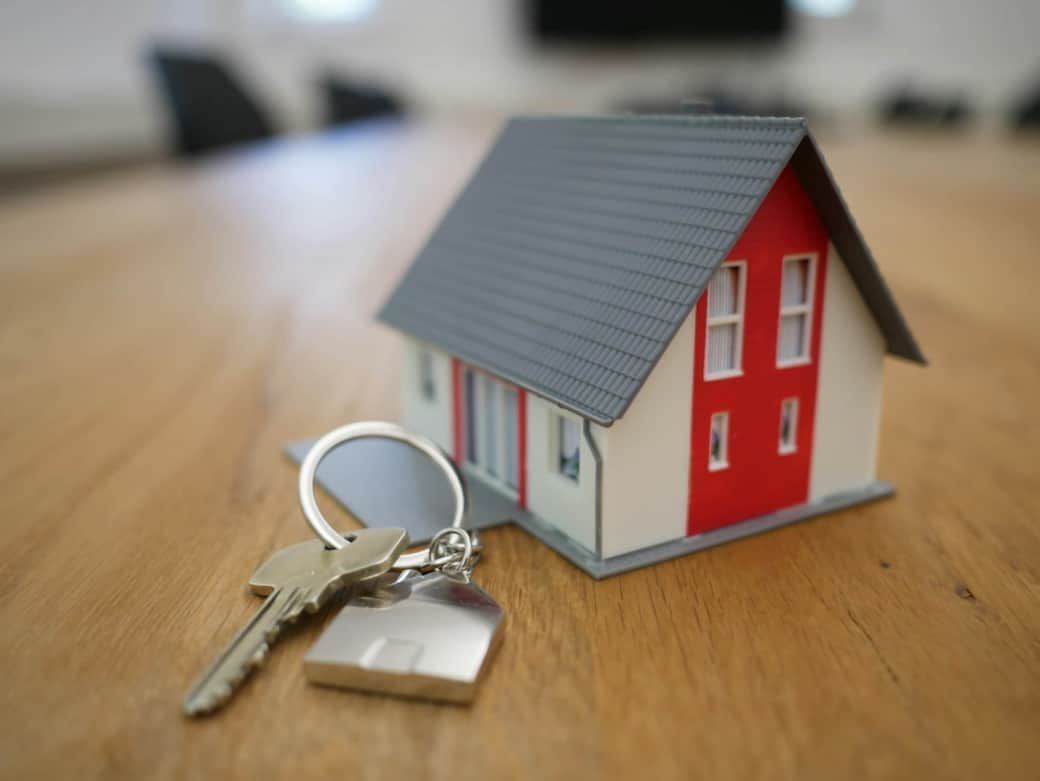Avoid Bad Surprises!
Let Bénoline help you create compliant building regulations and optimize the management of your rentals. Contact Bénoline.

August 2025
As a property owner, you know that the lease is the foundation of your relationship with your tenant. It sets the essential terms such as rent, the duration of the tenancy, and the rights and obligations of each party. But is that enough? What happens when the upstairs neighbor plays music too loudly, or when a tenant installs a sign on their balcony?
That’s where the building bylaw comes in. This document, which is an integral part of the lease, serves as a roadmap for harmonious cohabitation. For you, it’s an extra layer of protection; for your tenants, it’s the assurance of a healthy and respectful living environment. But what is its real purpose, what should it include, and how does it align with Quebec law?
In this article, we explore the importance of the building bylaw, its key components, and its benefits for everyone—based on the official rules of the Tribunal administratif du logement (TAL).
While complementary, the lease and the bylaw have distinct roles:
The Lease: The Primary Contract
The lease is the legal contract signed between the tenant and the landlord. It contains essential and mandatory information, such as the names of the parties, the rent, the term, the services included, and the renewal conditions.
📢 For more details on leases in Quebec, we invite you to consult our specialized guides: "The Quebec Lease Agreement: An Essential Guide for Landlords" and "Step-by-Step Guide to Filling Out a Residential Lease in Quebec".
The Building Bylaw: The Code of Conduct
The bylaw supplements the lease by specifying the rules for daily living. It covers aspects not detailed in the lease, such as the use of common areas, rules about pets, quiet hours, or the conditions for using balconies.
| Aspects to include in the lease | Aspects to include in the bylaw |
|---|---|
| Rent and payment methods | Respect for neighbors (noise, quiet hours) |
| Lease term | Rules about pets |
| Address of the dwelling | Dwelling maintenance (cleaning, damages) |
| Services and amenities included (electricity, parking) | Use of balconies, yards, and common areas |
| Mandatory legal clauses from the TAL | Smoking/vaping prohibition |
| Conditions for landlord access to the dwelling (notice) | Emergency procedures |
A good building bylaw isn't meant to prohibit everything but to create a clear and respectful environment for everyone. A bylaw should cover the key aspects of life in a rental unit while respecting Quebec laws. Here are the essential sections, inspired by the TAL rules and practical advice from CORPIQ, which popularizes best practices for landlords.



A building bylaw must be fair and legal. As a landlord, you cannot impose rules that restrict a tenant's fundamental rights. Here are some pitfalls to avoid:
Bylaws that go against current laws are invalid and can be challenged at the TAL.
A solid building bylaw offers concrete benefits:
Once drafted, the bylaw must be an annex to the lease. It must be given to the tenant before the lease is signed. Ask them to initial each page and sign at the end to prove that they have read and accepted it.
A well-prepared building bylaw is not just a protection tool; it's also a communication tool. It shows your tenants that you are an organized landlord who cares about their well-being, which fosters a relationship of trust.
To help you put this essential management tool into practice, we invite you to read our next article—a practical step-by-step guide to drafting your own building bylaw: "Drafting Guide: How to Create Your Building Bylaw in Montreal?"
1. Is a building bylaw mandatory in Quebec?
No, but it is highly recommended. It’s the best way to prevent conflicts and clearly define the rules of daily life.
2. What happens if a tenant refuses to sign the bylaw?
If it is an annex to the lease, the signature is mandatory. Otherwise, it's advisable to clarify the situation before they move into the dwelling.
3. Can a bylaw be changed during a lease?
No, unless the tenant agrees to it in writing. Otherwise, the change only applies upon lease renewal.
4. What happens if a tenant doesn't follow the bylaw?
Not following the bylaw is a breach of the lease, and you can take action, such as sending a notice of non-compliance, demanding payment for damages, or even beginning proceedings for lease termination with the TAL.
5. Can I ban a guest who doesn't follow the bylaw?
Yes. While you cannot ban guests in general, you can prohibit their access if their behavior (noise, vandalism) is a violation of the building bylaw.
6. Can the bylaw impose stricter rules than the law?
No, any illegal or abusive clause is considered null by the TAL.
7. Does the bylaw apply to landlords if I live on-site?
Yes. The bylaw applies to all occupants of the building, including the landlord, if this is specified.